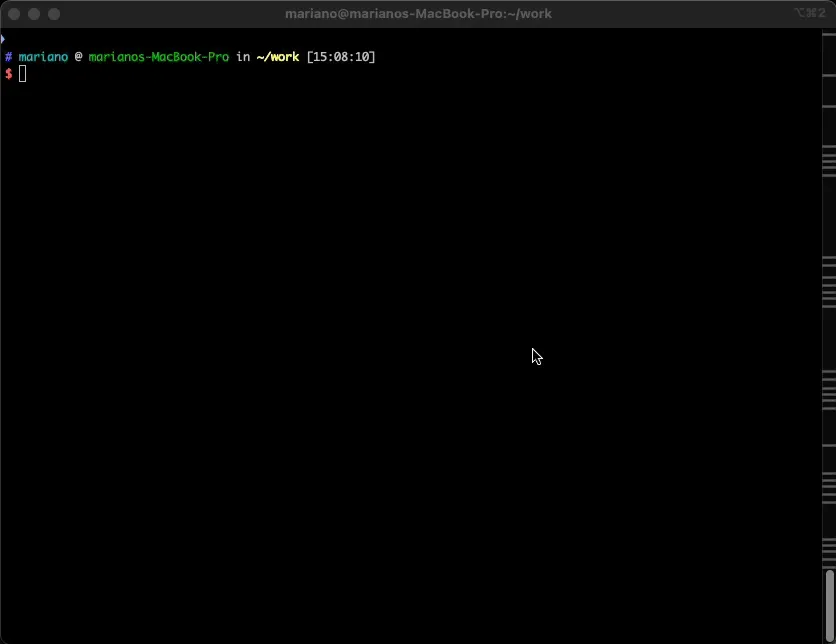Enhanced developer experience with Direnv for secrets management
One thing that is usually problematic for every team is addressing the question of how to provide each developer with environment variables that are sensitive in a way that is not cumbersome to either set initial values or add new ones later on.
The setup in this repository is a proposal on how to handle them in a secure way that is also effective and convenient for Engineers in the team.
https://github.com/mbenedettini/direnv-secrets-management
Technical details
We’ll be using AWS Secrets Manager for this example but it could be easily adapted to any other secrets management solution: Azure KeyVault, Hashicorp Vault, GCP Secret Manager.
As with other projects I’m relying on a combination of
direnv to pick up a script that performs most tasks
(.envrc), and Nix Flakes to install required
packages without polluting the entire OS.
From Secrets to Env variables
We are assuming all secrets for our project are handled with AWS Secrets Manager
but we don’t want all of them to be brought into every local development
environment, therefore only secrets with tag dev-env=1 will be automatically
pulled into environment variables.
The gist of this is a loop over all secrets that then puts them into
.envrc-secrets, which is sourced right away:
# Fetch secrets and process them with jq
aws secretsmanager list-secrets --filters Key="tag-key",Values="dev-env" Key="tag-value",Values="1" | \
jq -r '.SecretList[] | .Name' | \
while read secret_name; do
# Convert secret name to env var name (replace / with _ and uppercase)
env_var_name=$(echo "$secret_name" | tr '/' '_' | tr '[:lower:]' '[:upper:]')
# Get secret value, extract .password field, and add it to .envrc-secrets
secret_value=$(aws secretsmanager get-secret-value --secret-id "$secret_name" --query 'SecretString' --output text | jq -r '.password')
echo "export ${env_var_name}='${secret_value}'" >> .envrc-secrets
done
source_env .envrc-secrets
Secret name will be converted into an environment variable name replacing /
with _ and making all letters upercase. For example secret prod/db0/mariano
becomes env variable PROD_DB0_MARIANO.
All sensitive env variables are then stored into .envrc-secrets, which is
included in .gitignore.
AWS cli setup
Some nice defaults have been already provisioned in config-template so that a
new hire only has to press enter a few times to go into the AWS SSO
authorization process (we are assumming an AWS account with the right access has
been provisioned for them).
See it in action
Here’s a recording of how it would look for a newcomer to the project:

What could be improved?
Right now every time the project directory is entered all secrets would get
pulled and .env-secrets regenerated, a strategy to perform this only once a
day with a way to manually refresh when necessary would be a nice addition.